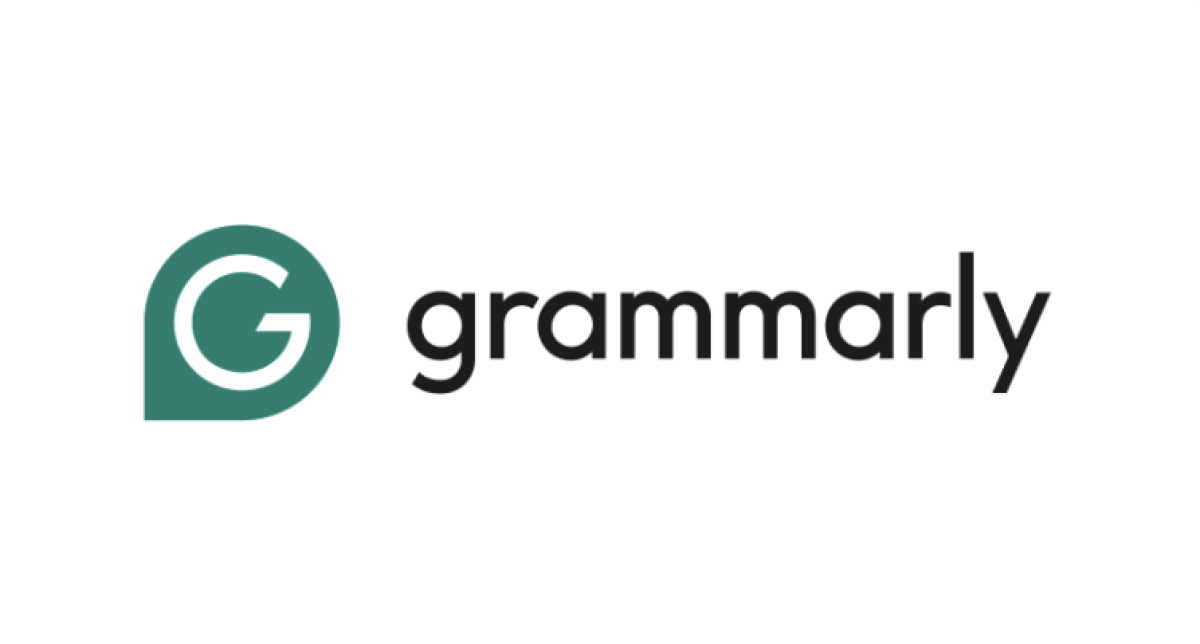LSU Faculty Senate President Daniel C. Tirone announced at the senate’s Thursday meeting that the joint committee formed to address the use of Grammarly in student coursework had concluded its work.
The committee authored a report detailing its findings, including a list of recommended best practices. Tirone said the report will be made public at one of the Faculty Senate’s two meetings in October, scheduled Oct. 7 and Oct. 29, respectively.
While Tirone, a political science professor, did not discuss the content of the report, he noted that the committee met with representatives from LSU Student Advocacy and Accountability “to better understand how faculty can work with SAA on these issues.”
Tirone said that the committee’s collaboration with SAA yielded important insights regarding the use of Grammarly in classrooms, including the importance of “setting clear expectations around the use of these tools, communicating them to students, and then providing as much documentation as possible when there is a suspected case of academic misconduct.”
The committee’s report comes at a time when colleges and universities across the country are struggling to determine how to regulate students’ use of generative artificial intelligence. As The New York Times reported last year, higher education officials are scrambling to crack down on the use of AI chatbots like ChatGPT in coursework.
Schools’ failure to establish clear guidelines has led to widespread confusion among college students, who have been left unsure how and when they are permitted to use generative AI in their coursework. An Inside Higher Ed poll conducted earlier this month found that 31% of college students report being unsure or unaware of their schools’ AI policies.
To its credit, the LSU Library has compiled a list of “AI Resources and Suggestions” to help students navigate the increasingly complex world of AI in academic settings.
But the university’s official AI policy remains vague. The library summarizes LSU’s current restrictions: “Using any material, technique, application, AI or device on an academic assignment that is prohibited; having any forbidden or unauthorized material, technique, application, AI or device available on any academic work will be considered a violation.”
As the Faculty Senate’s efforts to establish best practices for Grammarly use have demonstrated, what constitutes an “unauthorized” use of AI remains unclear.
Grammarly, a popular essay-editing website, has introduced a feature that allows users to access AI-generated writing, paraphrasing and idea generation. The site’s pivot to AI has made many educators wary of how students make use of the technology in their writing.
How LSU will regulate the use of Grammarly, if at all, is anyone’s guess. But some LSU students have expressed concern at the prospect of the university cracking down on the website.
“I use Grammarly as a spell-checker and to correct my grammar – not to come up with ideas for my papers,” said political science junior Roan Guidry. “If LSU starts checking my papers for Grammarly, not only will my grammar get worse, but I won’t be able to communicate my ideas as effectively. And that’s what professors should care about.”
Guidry also expressed skepticism that LSU would be able to accurately detect the use of Grammarly in student coursework.
“AI detectors don’t work well as it is,” Guidry said. “I don’t see how professors would be able to tell whether my paper has been spell-checked or edited for grammar. I just don’t think professors would be able to enforce it,”
However the Faculty Senate chooses to make sense of students’ use of Grammarly in their coursework, one thing is certain: AI isn’t going away any time soon. Both LSU faculty and students are set to reckon with this new technological domain – Grammarly and beyond.





